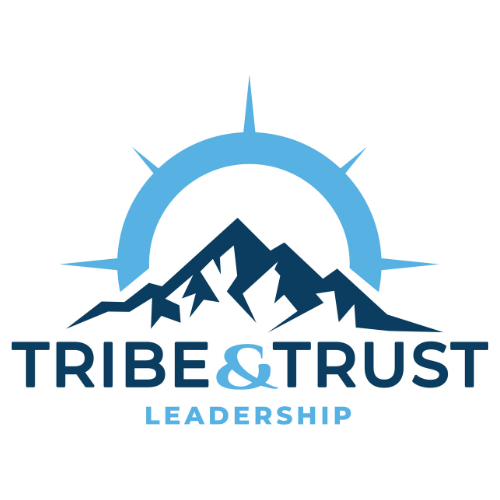Real-World Experience vs. Theoretical Knowledge: Why Generalists Matter More Than Specialists
In our modern era, there’s a stark divide between book smarts and street smarts. Many boast about their degrees, but there’s a growing respect for those who’ve truly lived and learned. As former execs, we offer not just theories but a treasure trove of hands-on wisdom. Mike Rowe, famed for his down-to-earth insights, often critiques the reliance on so-called experts lacking real-life grit.
“A jack of all trades is a master of none, but oftentimes is better than a master of one.”
Lately, we’ve seen a boom in specialists—people with deep, focused knowledge in one area. Their expertise is clear, but there’s a big problem: many are so buried in their specialty that they lose sight of the bigger picture. They collect degrees and certifications like trophies but often miss the hands-on experience to make their knowledge truly useful. On the flip side, generalists bring a wide array of experiences and perspectives that specialists often lack. They’ve dipped their toes in various fields, constantly adapting and reinventing themselves. In our ever-changing world, this flexibility and broad skill set can be more useful than specialized knowledge.

There’s a huge difference between knowing something in theory and applying it in the real world. Real-world experience teaches you to solve problems practically. It builds resilience, resourcefulness, and quick thinking—skills rarely taught in classrooms but crucial in everyday life. As former military leaders and executives, we’ve made tough calls, led teams through crises, and tackled complex problems. This experience is gold. It’s not just about having a title; it’s about the countless hours spent making hard decisions, learning from mistakes, and growing from each challenge. This deep well of knowledge can’t be matched by book learning alone.
Mike Rowe, known for “Dirty Jobs,” has always valued hard work and real-life experience. He criticizes “dilettantes”—those who advise without real experience. Rowe stresses learning from those who’ve been there, done that, not just talked about it. Ernest Hemingway’s mantra of “living life to the fullest” fits perfectly here. Hemingway valued broad, rich experiences over narrow expertise. He believed that embracing diverse challenges deepened one’s understanding of the world—a view that supports the worth of being a generalist.
History is full of successful generalists. Leonardo da Vinci, a true polymath, excelled in art, science, and engineering. Steve Jobs, famed for tech, also delved into design and business strategy. These pioneers thrived by drawing from a wide range of experiences, enabling them to innovate uniquely. Over-specialization can create tunnel vision. Specialists might miss out on opportunities beyond their narrow field, limiting their potential. Generalists, however, can pivot and adapt, grabbing opportunities across various domains. This versatility is invaluable in today’s fast-paced world.
Reinvention is key for successful generalists. Embracing change and stepping out of comfort zones fosters growth. Stories of those who’ve reinvented themselves multiple times highlight the power of resilience and adaptability—traits crucial in both personal and professional spheres. Failure is a crucial part of success. Those with real-world experience know that failure is not the end but a step toward greater achievements. Learning from mistakes and using them as growth opportunities is common among generalists who’ve faced various challenges.
Advice rooted in real-world experience hits home more than theoretical tips. It’s relatable, actionable, and filled with insights gained from living through it. This practicality is why advice from generalists often carries more weight. In a world that’s always changing, generalist skills are invaluable. Their versatility helps them navigate different settings, tackle new challenges, and bring innovative solutions. This adaptability is a boon in both personal and professional arenas.
In the end, real-world experience often outshines theoretical knowledge. The value of generalists, with their diverse experiences and flexible nature, is clear. As former execs with rich practical knowledge, we prove the importance of living fully and learning from every moment. Seek wisdom from those who’ve walked the walk, faced real challenges, and come out stronger—because that’s where true insight lies.
